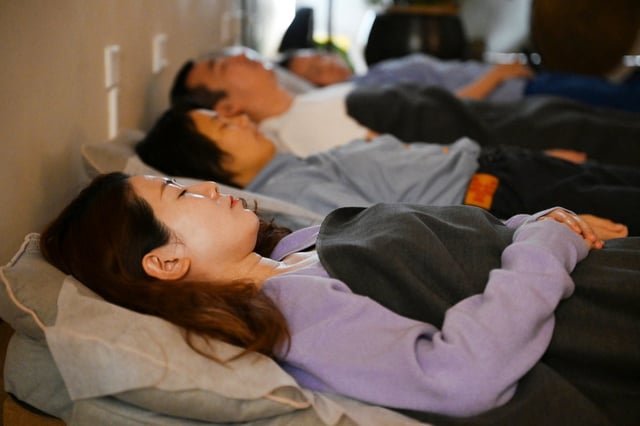Overview
- Scientists at the Chinese Academy of Sciences have identified a rare mutation in the SIK3 gene, marking the fifth genetic variant linked to natural short sleep in humans.
- The mutation, found in a healthy 70-year-old woman averaging 6.3 hours of sleep per night, enables carriers to function optimally on just four to six hours of sleep without adverse health effects.
- Engineered mice with the same SIK3-N783Y mutation exhibited a consistent reduction of 30 minutes in nightly sleep, validating the mutation's impact across species.
- The mutation alters the SIK3 protein's phosphate transfer activity, a process critical to regulating sleep duration, providing new insights into the molecular mechanisms of sleep.
- Researchers highlight SIK3 kinase activity as a promising target for future therapies to enhance sleep efficiency, though such applications remain in early experimental stages.

